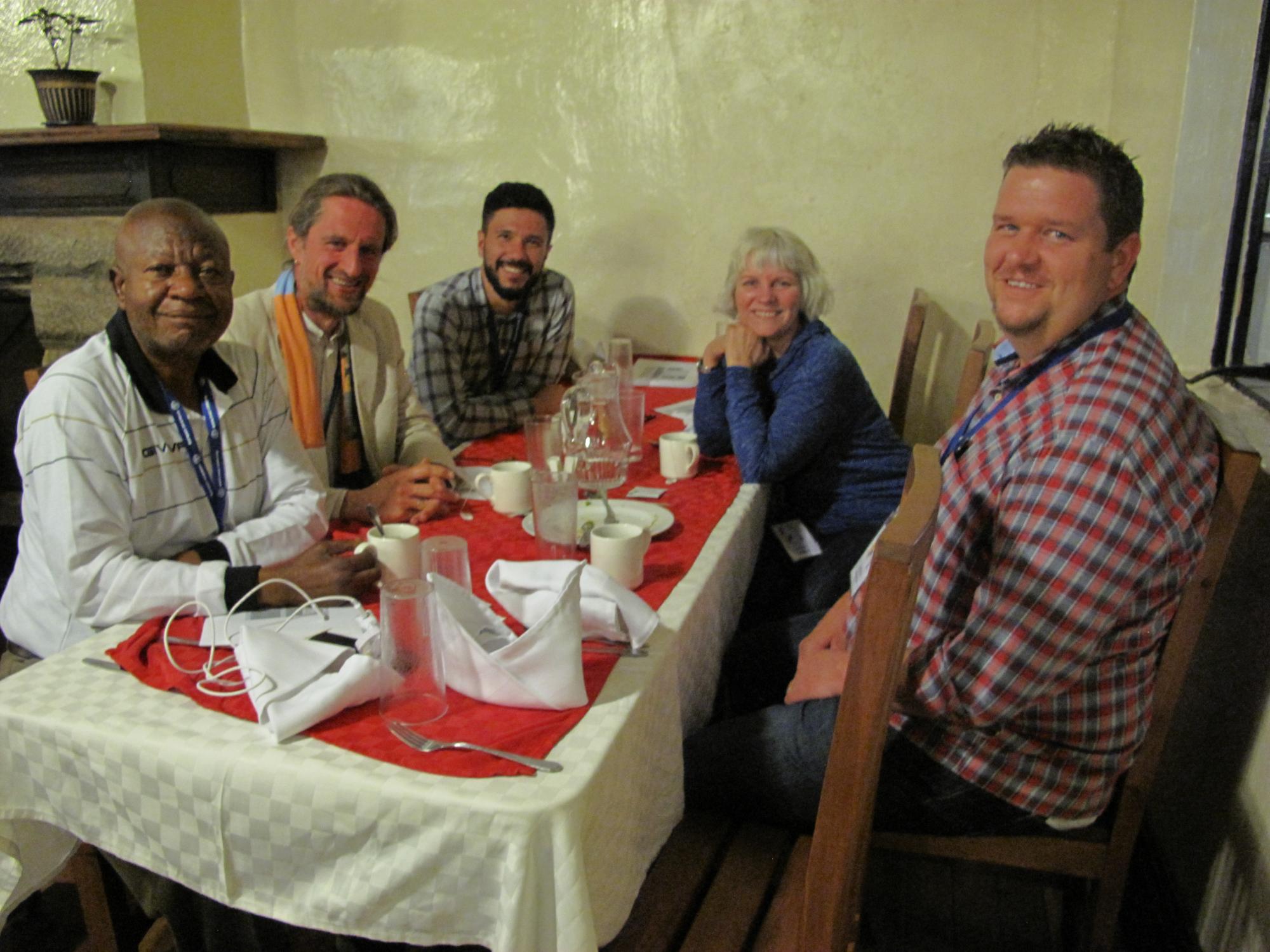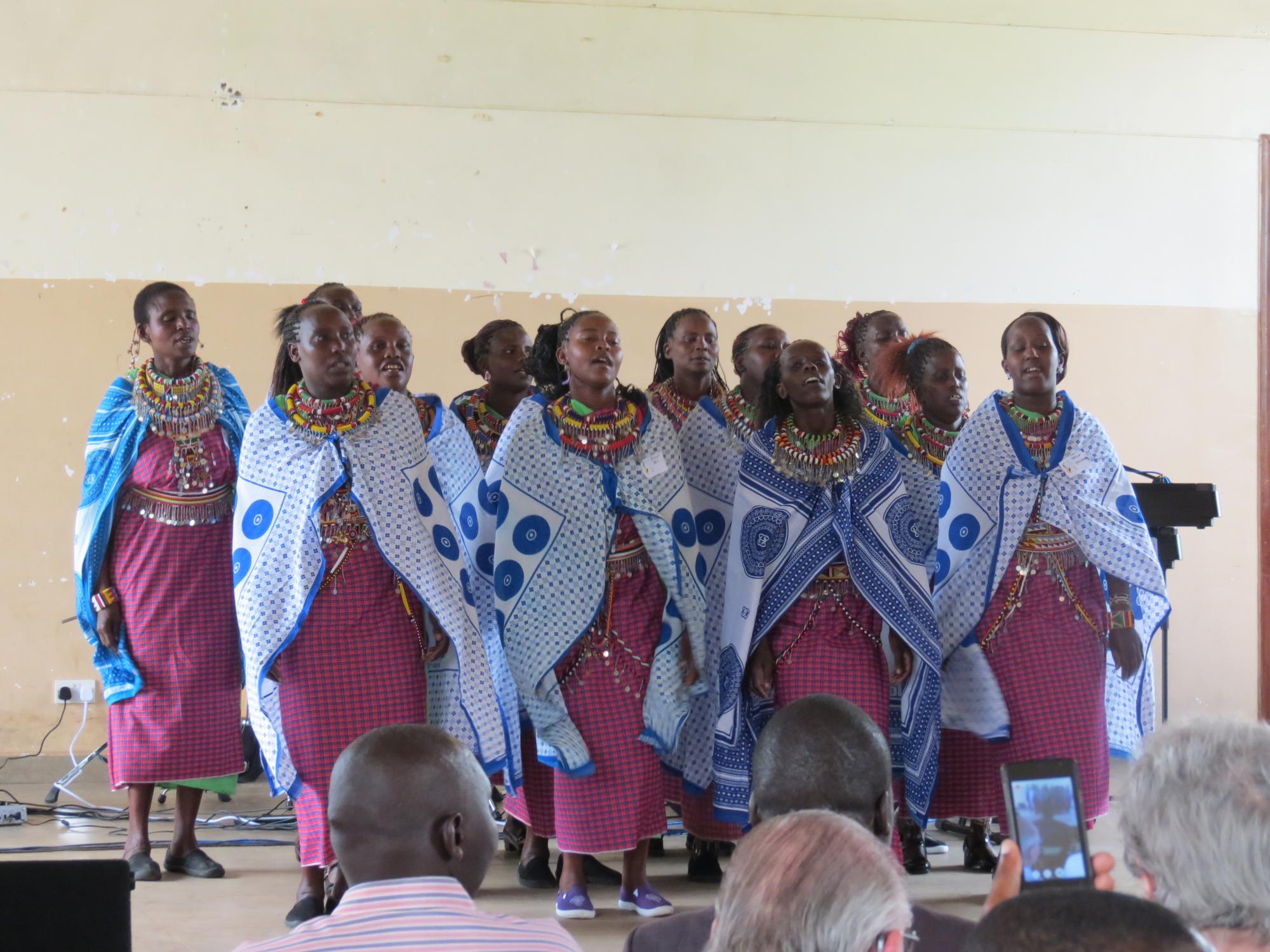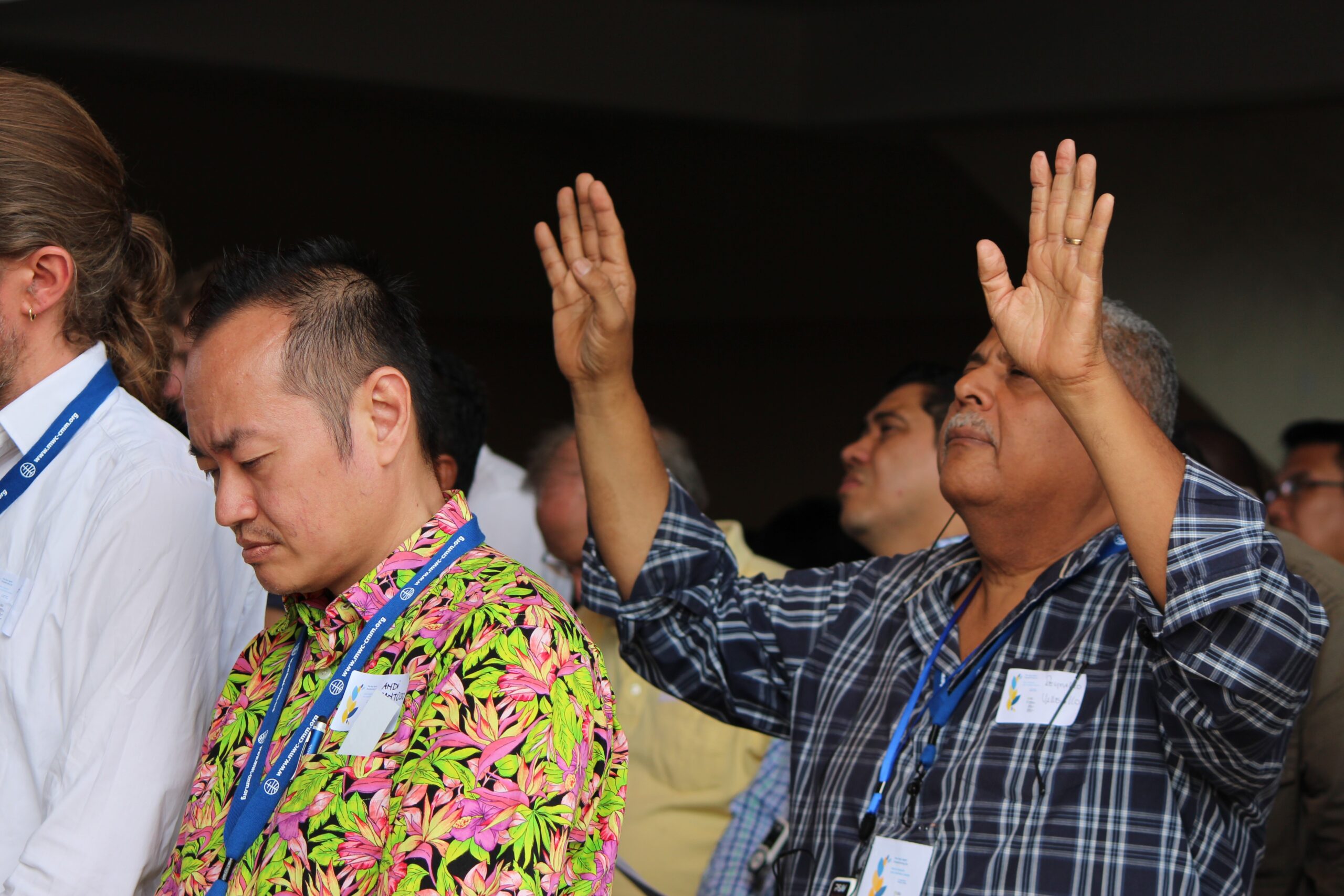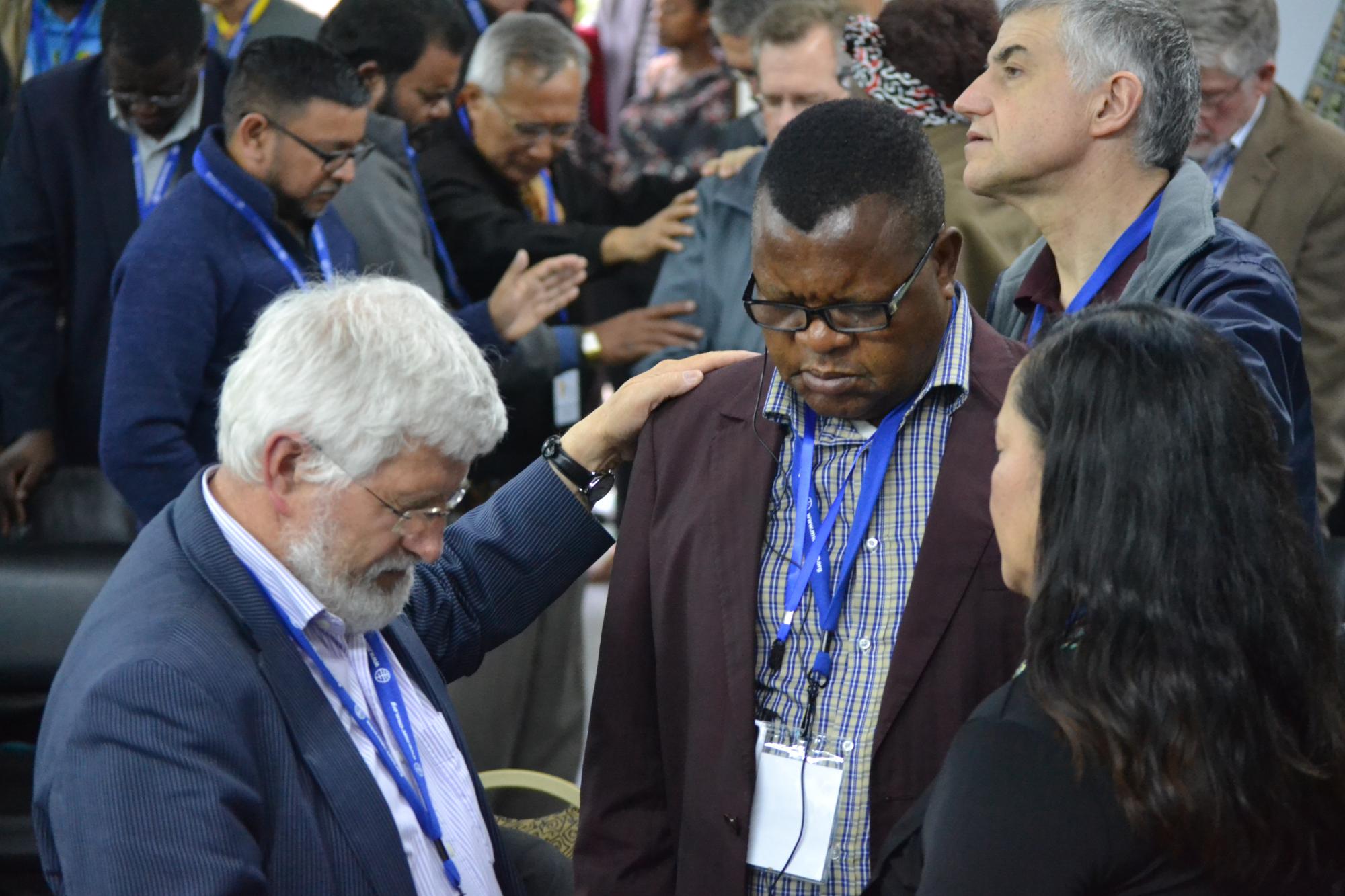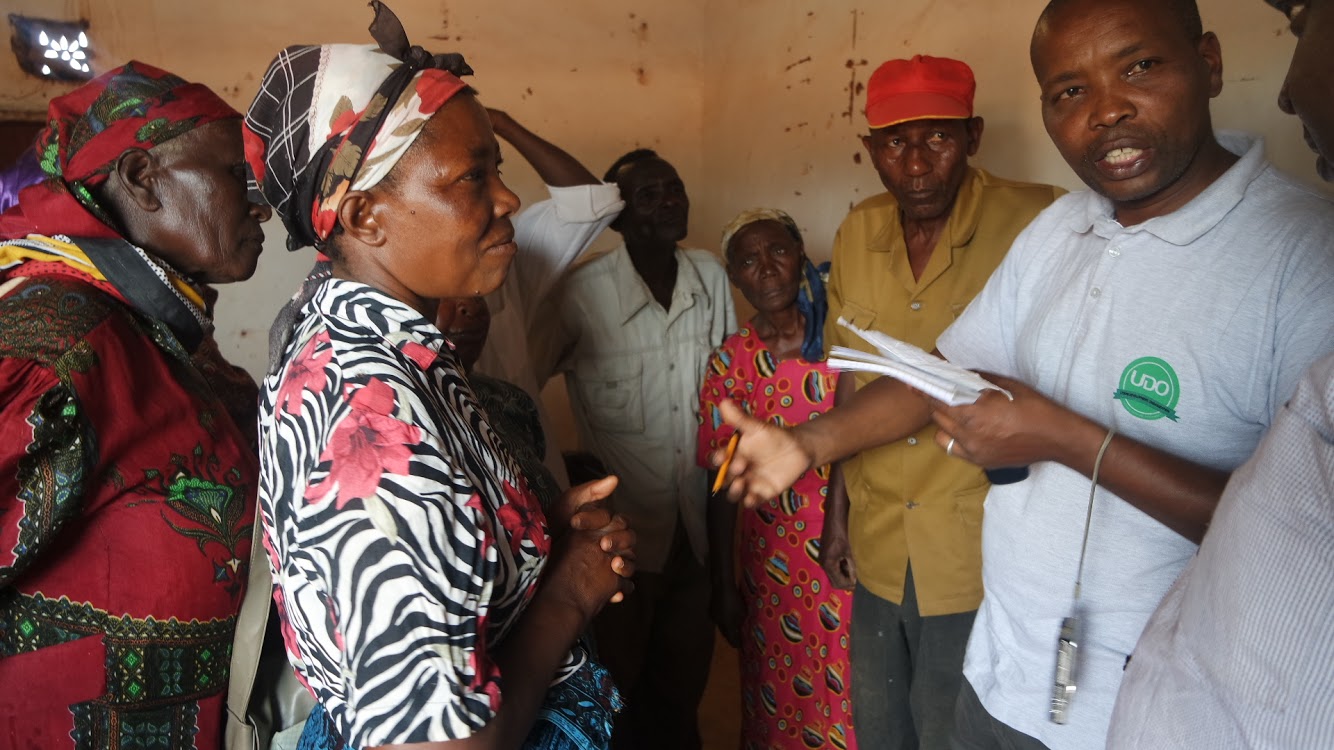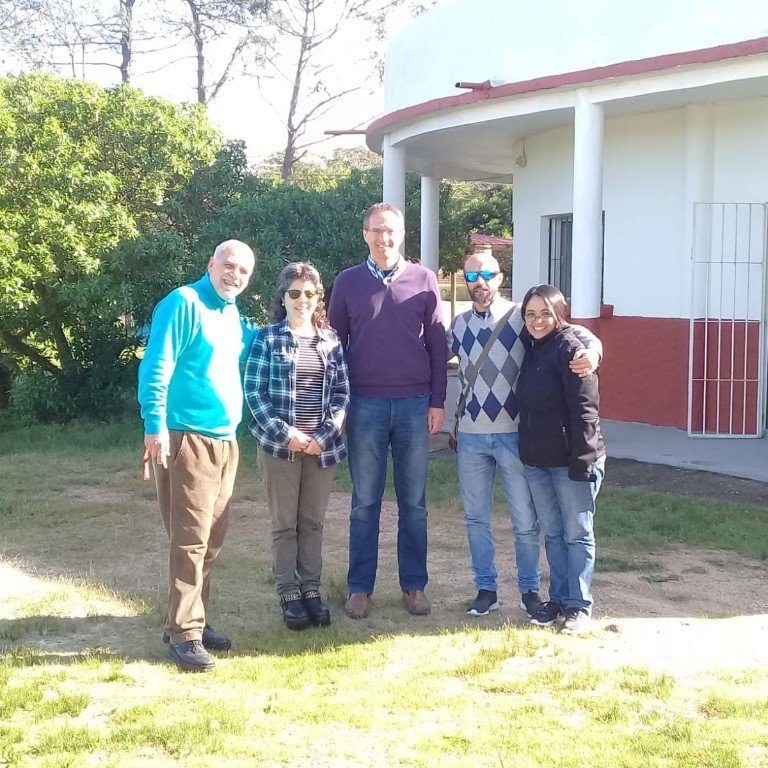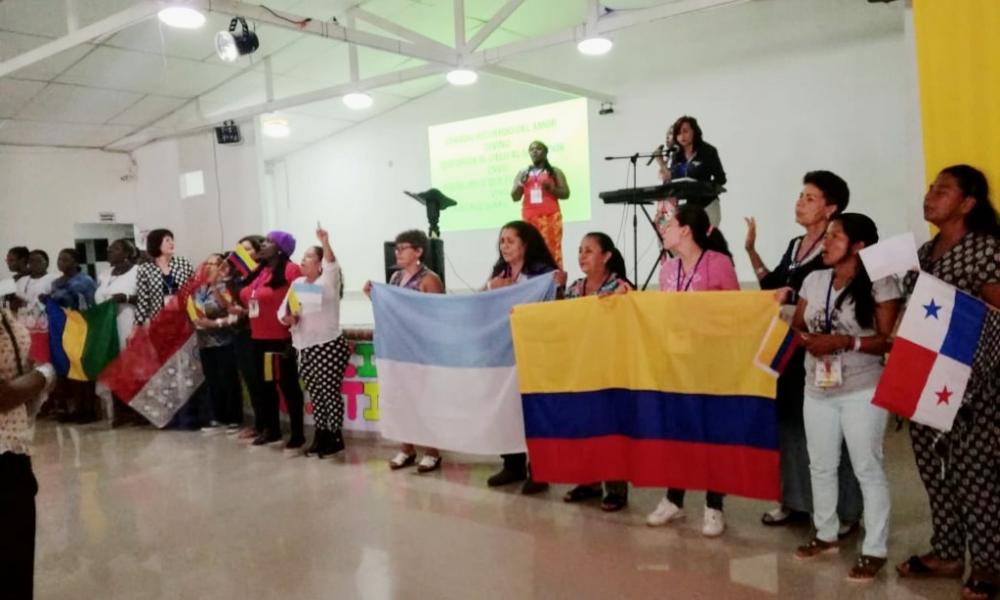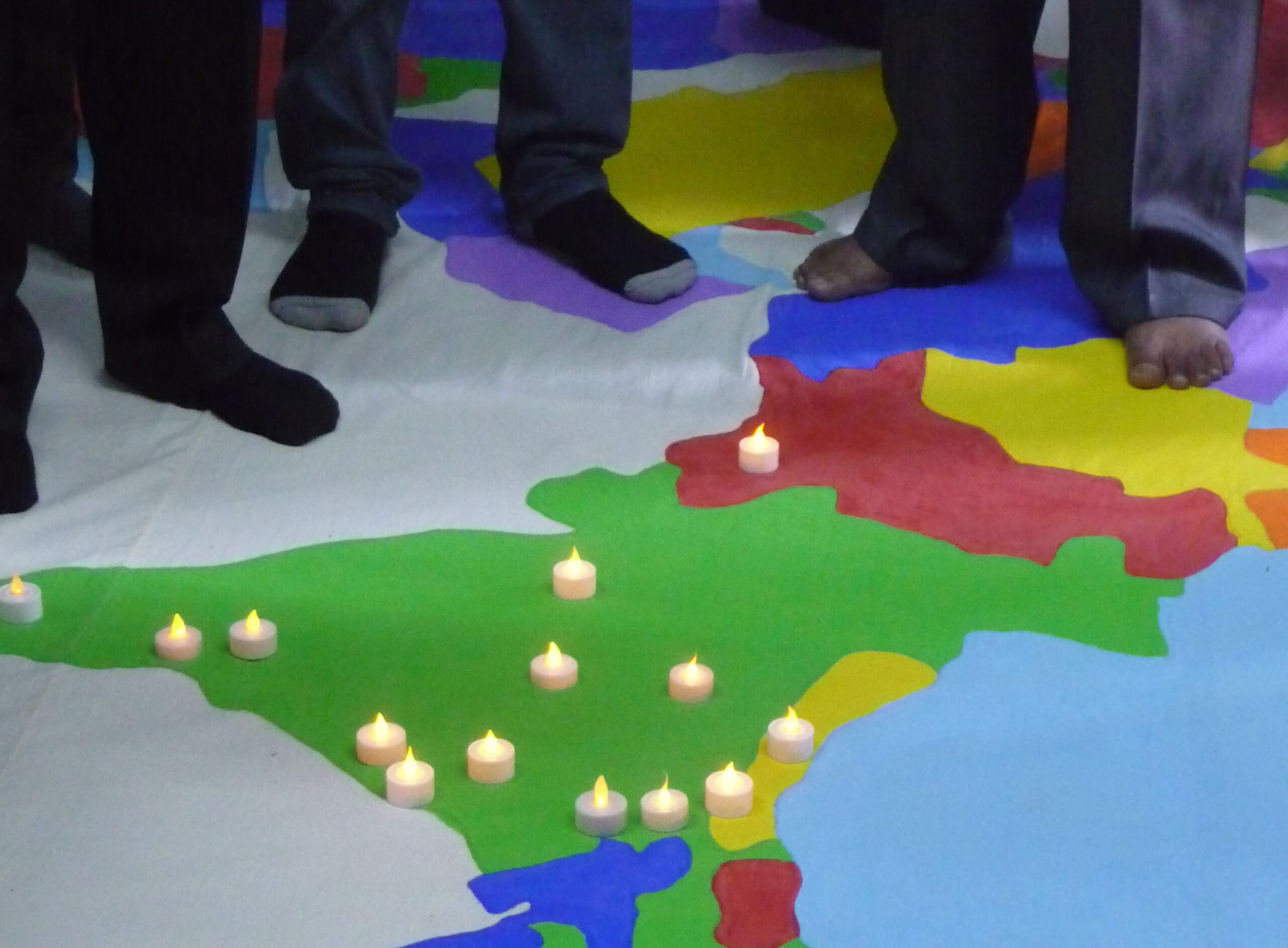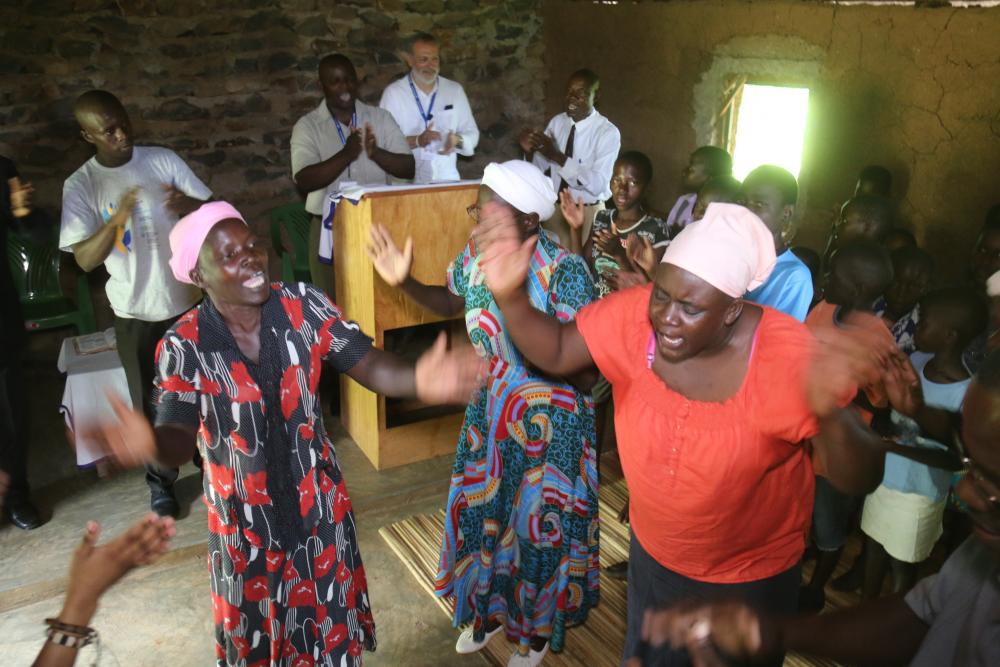-
GAPN creates space for relationship
Coffee breaks at the triennial Mennonite World Conference (MWC) General Council, Commissions and networks meetings in Kenya April 2018, allowed Colombia peacebuilder and human rights lawyer Ricardo Esquivia to share with an old friend his desire for the Global Anabaptist Peace Network (GAPN) to build networks to support peacebuilders in the field and to communicate
-
Let God do the sorting
From a boat on the Sea of Galilee, a fisherman demonstrates the ancient art of casting a circular net. Weights along the outer edge sink rapidly, pulling the web around any living thing below. Waters next to Jesus’ ministry base at Capernaum teemed with tilapia, carp, and sardines when his first disciples plied their trade.
-
Vers une formation théologique anabaptiste en ligne
Le comité de pilotage du projet de formation théologique anabaptiste en ligne s’est rencontré à Abidjan, Côte D’Ivoire, les 14–15 septembre 2018. Le point sur l’état d’avancement du projet. Ce programme a pour but de développer et de mettre à disposition des formations en ligne liées à la théologie anabaptiste, et particulièrement aux thèmes de
-
Joy in the Spirit
Songs, testimonies and biblical reflection celebrate the Holy Spirit at Renewal 2027 As a local band played “You are the most high God,” international guests from the global Anabaptist family swayed and sang at this year’s Renewal 2027 “The Holy Spirit transforming us” event at Nyamasaria Primary School’s auditorium in Kisumu, Kenya, and headquarters of
-
A transforming Spirit of peace
Like the chambers of a heart, the four MWC commissions serve the global community of Anabaptist-related churches, in the areas of deacons, faith and life, peace, mission. Commissions prepare materials for consideration by the General Council, give guidance and propose resources to member churches, and facilitate MWC-related networks or fellowships working together on matters of
-
A supportive space: General Council fosters relationships
“Stand up if you are weary, worn down by the cares of ministry.” From Portuguese-speaking countries on either side of the ocean, a Brazilian pastor crossed to embrace an Angolan pastor who stood in response to the Deacons Commission’s calls to prayer during the evening devotional time at the Mennonite World Conference (MWC) General Council
-
How it works: Emergency food distribution
In many parts of the area near Kibwezi, Kenya, I see corn that has dried up. Driving around, it’s hard to find any corn that people will be able to harvest this season. In February 2018, MCC’s partner Utooni Development Organization (UDO), which I volunteer with, started a food relief project in one of the
-
Ministry partner update: ICOMB – September 2018
The International Community of Mennonite Brethren (ICOMB) is made up of 21 national churches in 19 countries with approximately 450,000 members. ICOMB exists to facilitate relationships and ministries to enhance the witness and discipleship of its member national churches – connecting, strengthening and expanding. New vision for Uruguay Consejo de las Congregaciones de los Hermanos
-
Ministry partner update: ICOMB – August 2018
The International Community of Mennonite Brethren (ICOMB) is made up of 21 national churches in 19 countries with approximately 450,000 members. ICOMB exists to facilitate relationships and ministries to enhance the witness and discipleship of its member national churches – connecting, strengthening and expanding. Colombia women’s retreat, 30 June 30–2 July 2018 The national assembly
-
The Holy Spirit is at work among us
Like the chambers of a heart, the four MWC commissions serve the global community of Anabaptist-related churches, in the areas of deacons, faith and life, peace, mission. Commissions prepare materials for consideration by the General Council, give guidance and propose resources to member churches, and facilitate MWC-related networks or fellowships working together on matters of
-
South Korea recognizes rights of conscientious objectors
The Constitutional Court of Korea brought an end to 70 years of imprisoning conscientious objectors (COs) when it ruled 28 June 2018 that it is unconstitutional for South Korea not to offer alternative service options for COs. An alternative does exist, but it requires four to six weeks of military training, and participants who finish
-
Migrant prophets teach care for those on the margins
Kenya, over the last several years, has been a flashpoint for Christian-Muslim conflict in East Africa, with the militant group al-Shabab’s lethal attacks in Nairobi, Garissa, and elsewhere. With each incident of terror the tension increases. But Kenyan Mennonites are finding hope in small incidents of transformation. A major part of the challenge is that
